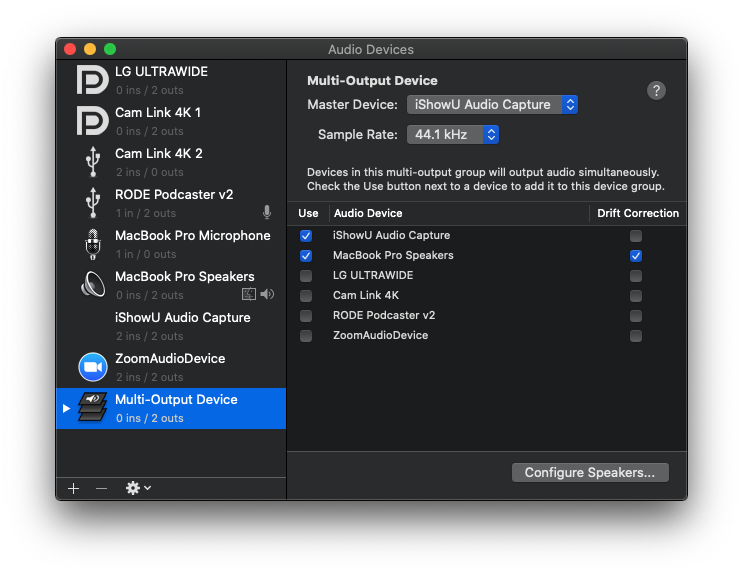

However, it is possible for other open applications to use enough computer resources to cause overload messages. In most cases open applications that you are not actively using will have little impact on your computer.

The Audio meter shows the amount of CPU and RAM capacity used.Find this by double-clicking the CPU meter in the LCD (you must set the LCD to Custom view). You can get an idea of how much of your computer's capacity is in use by looking at the System Performance window. This is just an indication that there is not enough CPU power, RAM, or hard disk bandwidth to do what the song is asking at the time. The following sections offer help with assessing when Logic might need too many resources and strategies for avoiding this. Seeing an overload message doesn't generally mean anything is wrong with Logic or your computer. When this happens, the System Overload message appears. No computer has infinite capacity in any of these areas and there may be times when a Logic project will require more power than your computer is able to deliver at a given moment. Audio DSP effects and software instruments require CPU power and RAM. When Logic records and plays back audio tracks it needs CPU power and hard disk I/O capacity. When you work with audio in Logic, several areas of your computer are put to work.
#Audio overload for mac os pro#
Note: If you are using Logic Pro 9, see Logic Pro 9.1.4 or later: Core Audio System Overload Messages.


 0 kommentar(er)
0 kommentar(er)
